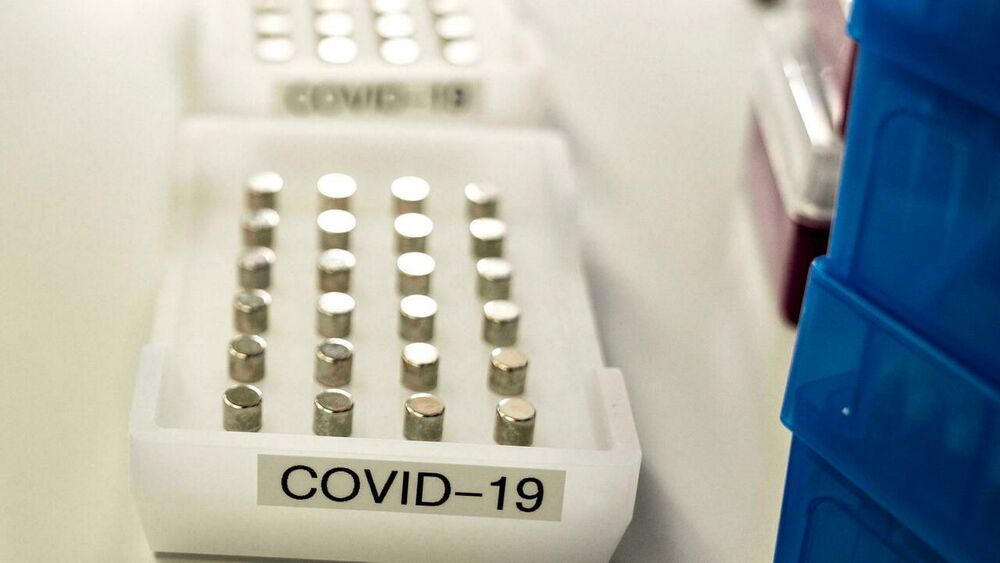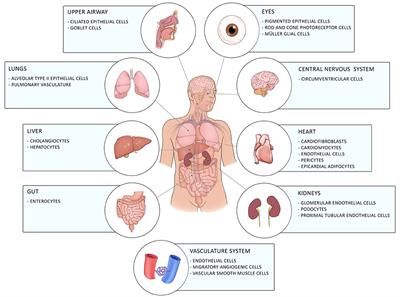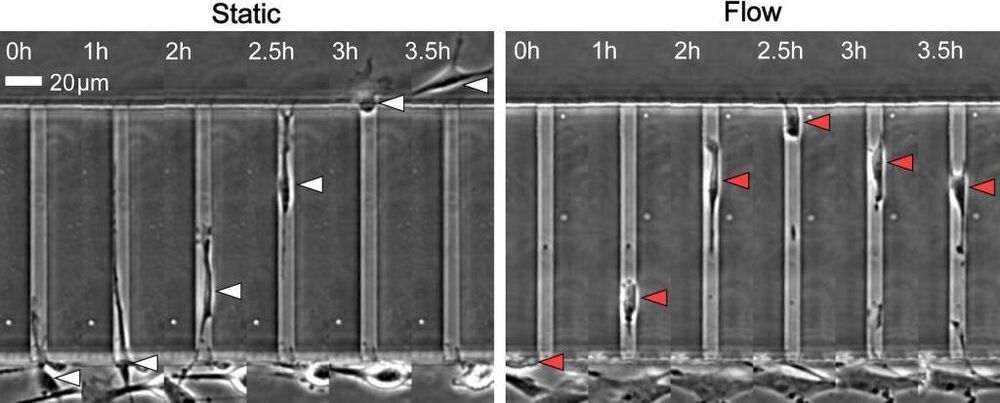These themes, for many people, have obscured AI’s genuine usefulness in data analysis and conversational platforms. And while computer vision does indeed have its flaws, it is more than just a reflection of societal biases: it is potentially an essential tool for both society and business.
Computer vision, or CV, gives machines the power of visual recognition in a way that emulates human sight. Whether a machine is detecting dangers on the road or, more controversially, recognising faces in a crowd, the ultimate aim is to make decisions based on image interpretation.
The tech is an advanced form of pattern recognition, made through statistical comparison of data sets. This means that while machines can “see”, they have no real understanding of what they are looking at. They can distinguish one object from another, true, but can’t explain what this difference means.








